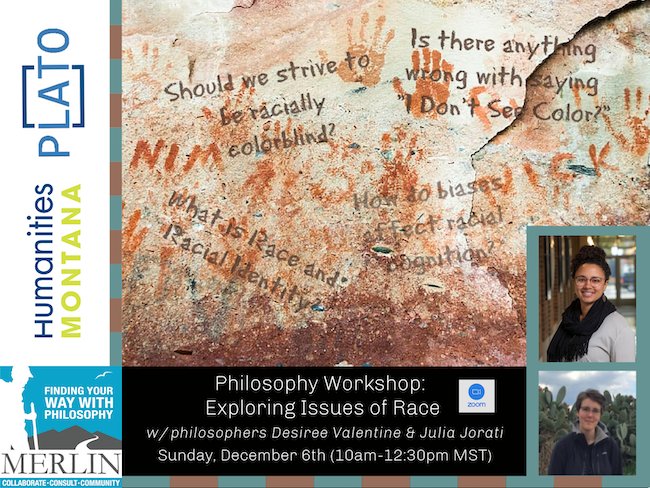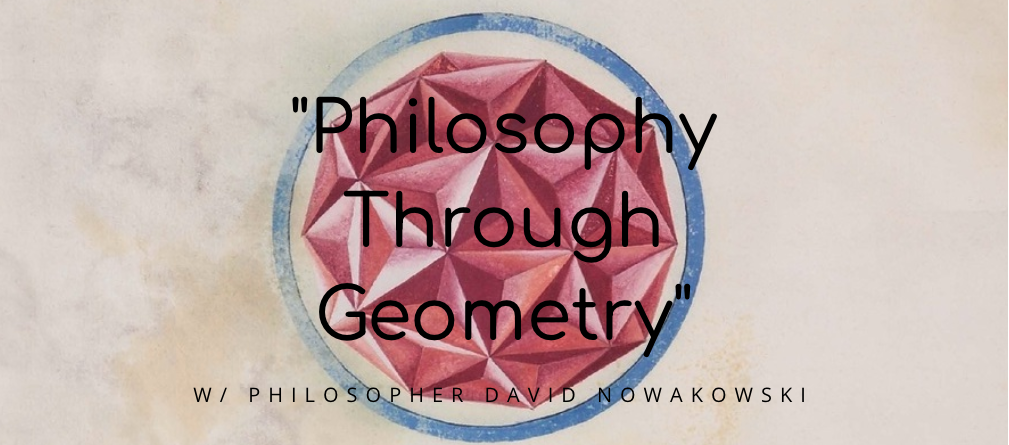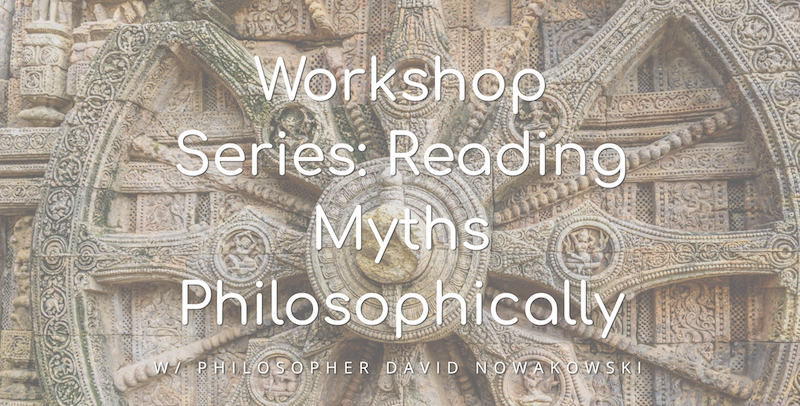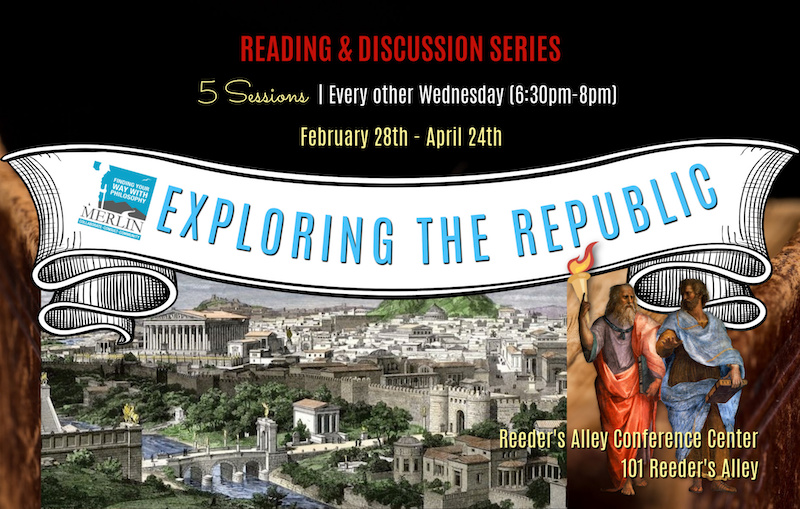Philosophy ZOOM Workshop: Exploring Issues of Race
In this VIRTUAL/ZOOM workshop, we'll explore some historical and contemporary issues about race with philosophers Desiree Valentine & Julia Jorati. No background in philosophy is required to participate in this workshop. All ages welcome. FREE. Learn more here!




